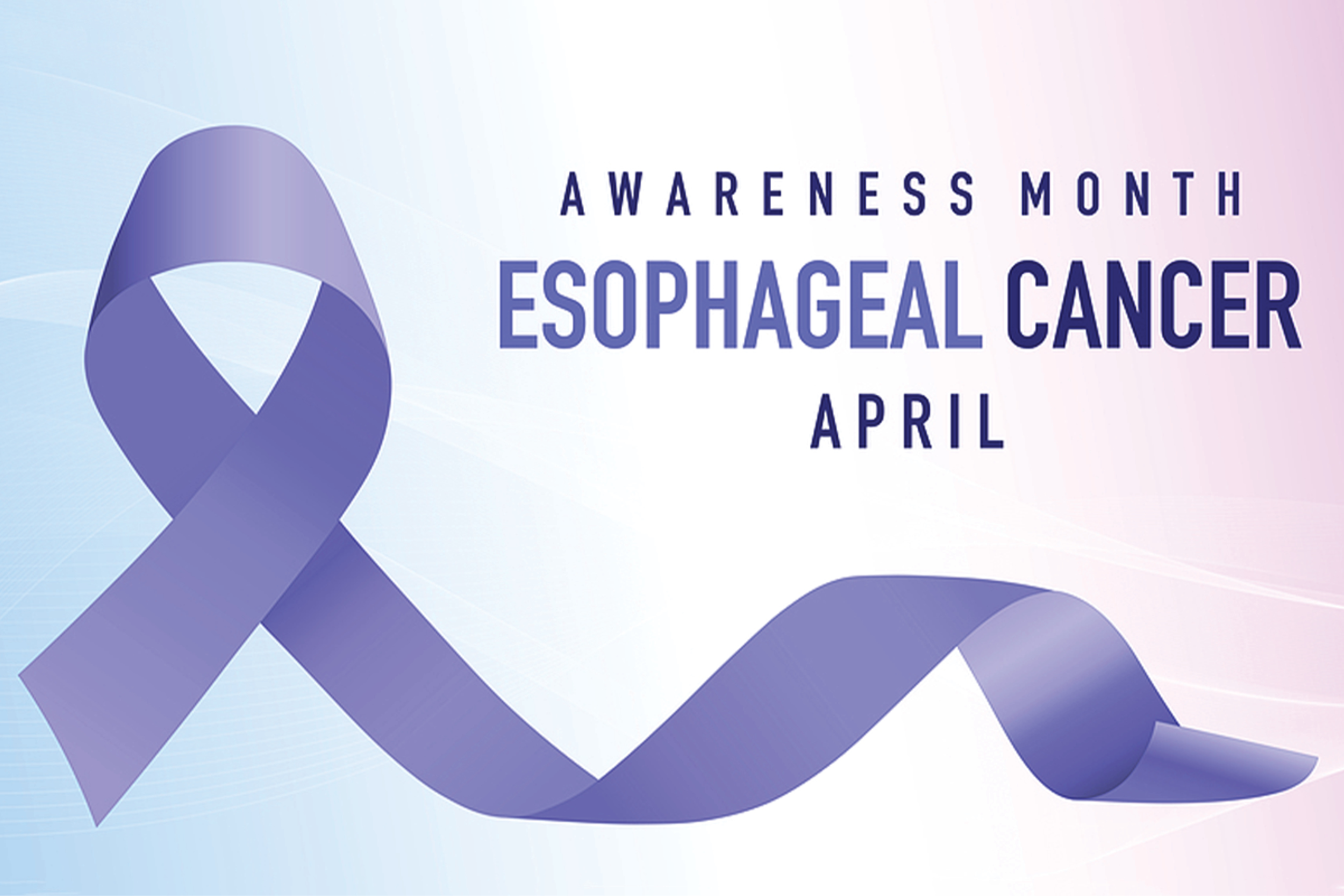How Clinical Trials are Advancing Esophageal Cancer Research and Treatment
Esophageal cancer is a devastating disease that affects the tube connecting the throat to the stomach. It is a highly aggressive form of cancer and is often not diagnosed until it has already progressed to an advanced stage. While treatments like surgery, radiation therapy, and chemotherapy can be effective in some cases, there is still much to be learned about esophageal cancer and how it can be treated. That is where clinical trials come in.
Clinical trials are research studies that involve human volunteers. They are designed to test new treatments or procedures to determine their effectiveness and safety. Clinical trials are a critical step in the development of new treatments for esophageal cancer.
There are currently several clinical trials underway that are focused on advancing esophageal cancer research and treatment. Some of these trials are looking at new drugs or drug combinations that may be more effective than the standard chemotherapy regimens currently used. Other trials are focused on developing new surgical techniques or exploring the use of radiation therapy in combination with other treatments.
One area of research that is showing great promise is immunotherapy. Immunotherapy is a type of treatment that harnesses the power of the immune system to fight cancer. This approach involves using drugs or other substances to help the immune system recognize and attack cancer cells. Several clinical trials are underway to test the effectiveness of immunotherapy in treating esophageal cancer.
Another area of research that is gaining attention is the use of precision medicine. Precision medicine involves using genetic testing and other advanced techniques to develop targeted therapies that are tailored to the specific genetic makeup of a patient's cancer. This approach is still in the early stages of development, but it holds great promise for improving outcomes for patients with esophageal cancer.
One of the benefits of participating in a clinical trial is that patients may have access to treatments or procedures that are not yet widely available. However, it's important to remember that clinical trials do come with some risks. Potential side effects and complications should be carefully considered before deciding to participate in a trial.
Overall, clinical trials are a vital component of esophageal cancer research and treatment. They offer hope for the development of new treatments and therapies that may improve outcomes for patients with this devastating disease. If you or a loved one has been diagnosed with esophageal cancer, talk to your doctor about the possibility of participating in a clinical trial. Together, you can explore your options and determine if a clinical trial is right for you.
For more information on clinical trials for esophageal cancer, visit clinicaltrials.gov.


